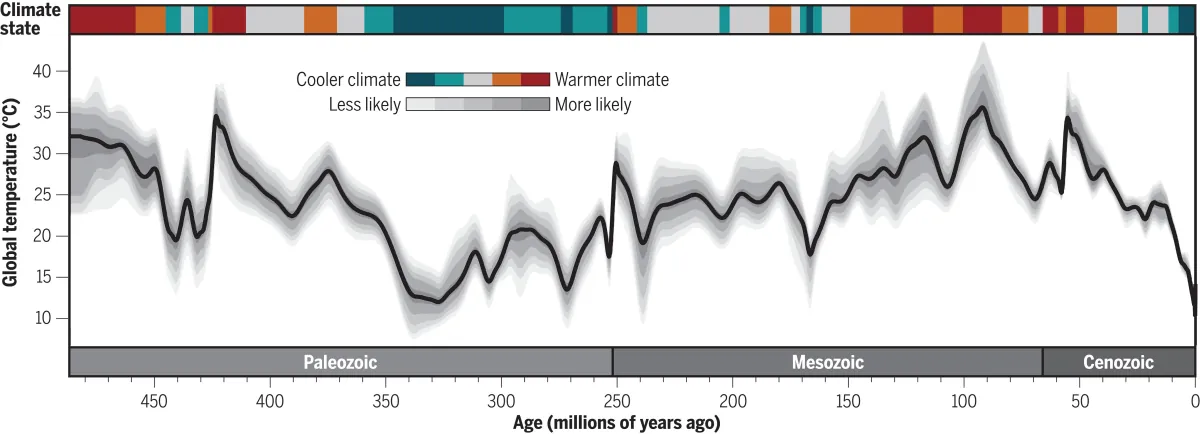
Alarming Link Between Young Adult Prediabetes and Future Gestational Diabetes Revealed!
2024-09-27
Introduction
A groundbreaking study from Mount Sinai has unveiled a concerning connection between prediabetes in young adults and the risk of developing gestational diabetes in future pregnancies. While prediabetes—the condition characterized by elevated blood sugar levels that don't yet meet the criteria for type 2 diabetes—has long been associated with increased risks of heart disease and stroke, this new research underscores its potential long-term consequences for maternal health.
Statistics on Prediabetes in Young Adults
The statistics are startling: approximately 1 in 5 adolescents and 1 in 4 young adults in the United States are affected by pediatric prediabetes. The implications are particularly severe for marginalized groups, with Black and Hispanic populations disproportionately impacted, often facing barriers such as poverty and limited access to healthcare services.
Research Methodology
Pregnancy has been identified as a key period for monitoring cardiovascular health, yet data concerning the relationship between pre-pregnancy prediabetes and later gestational diabetes has been sparse. To address this gap, researchers from Mount Sinai conducted an extensive analysis of live birth records in New York City, focusing on first-time mothers from 2009 to 2017. Their findings are not just academic; they represent a wake-up call for young women and healthcare providers alike.
Study Cohort and Findings
The study included a cohort of 14,302 participants aged between 10 and 24 who had undergone at least one hemoglobin A1c (HbA1c) test prior to conception. This test gauges an individual’s average blood sugar levels. Participants were classified based on their HbA1c results—those with levels between 5.7% and under 6.5% were identified as having prediabetes. Notably, the prevalence of prediabetes was highest among South and Southeast Asian individuals followed by Black individuals, while White individuals exhibited the lowest rates.
Key Findings
Key findings revealed that the incidence of gestational diabetes among participants with prediabetes was alarmingly high, with those affected exhibiting more than double the odds (a relative risk of 2.21) of developing gestational diabetes compared to their normoglycemic counterparts. Furthermore, the analysis indicated that pre-existing prediabetes also increased the risks of hypertensive disorders during pregnancy and preterm births, with both complexities showing a relative risk of 1.18.
Conclusion and Recommendations
This study serves as a critical reminder that adolescents and young adults with prediabetes constitute a vulnerable demographic, often overlooked in preconception health counseling. The alarming increase in gestational diabetes observed in this group speaks volumes about the need for early intervention strategies and comprehensive screening processes to manage their health risks before pregnancy.
Dr. Katharine McCarthy, the lead author of the study, emphasized the urgent need for standardized preconception guidelines. "The absence of uniform treatment protocols for adolescents suffering from prediabetes is a glaring oversight that could help avert serious complications during pregnancy," she stated.
The conclusion is clear: By addressing prediabetes early, we can significantly reduce the risks of adverse maternal and neonatal outcomes, setting the stage for healthier pregnancies and brighter futures for both mothers and babies. This study not only highlights the importance of awareness and education regarding prediabetes among young individuals but also calls for significant enhancements in healthcare policies to better address this public health issue.



 Brasil (PT)
Brasil (PT)
 Canada (EN)
Canada (EN)
 Chile (ES)
Chile (ES)
 España (ES)
España (ES)
 France (FR)
France (FR)
 Hong Kong (EN)
Hong Kong (EN)
 Italia (IT)
Italia (IT)
 日本 (JA)
日本 (JA)
 Magyarország (HU)
Magyarország (HU)
 Norge (NO)
Norge (NO)
 Polska (PL)
Polska (PL)
 Schweiz (DE)
Schweiz (DE)
 Singapore (EN)
Singapore (EN)
 Sverige (SV)
Sverige (SV)
 Suomi (FI)
Suomi (FI)
 Türkiye (TR)
Türkiye (TR)